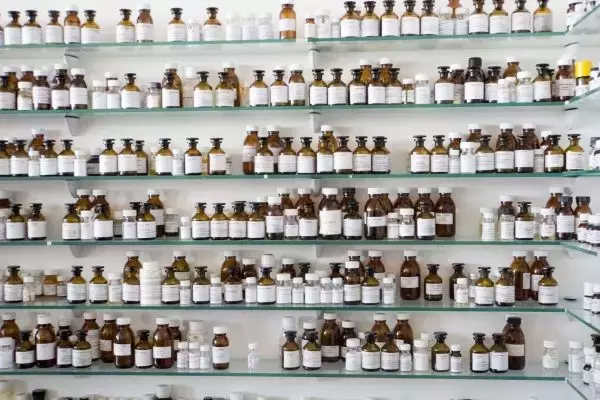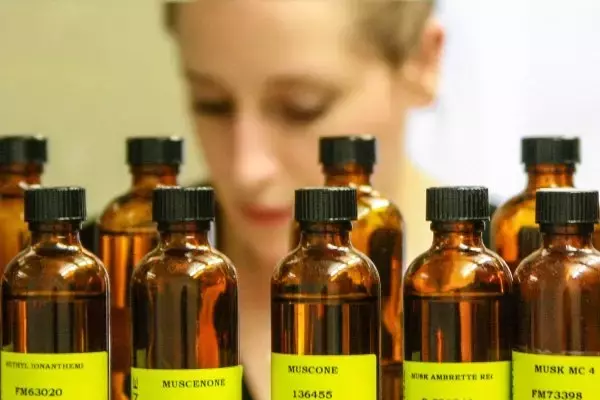



The essence of perfumery lies not in the tools or resources but in the imagination and soul of the creator. Many aspiring individuals, whether students, beginners, or artists caught between their craft and existential doubt, often ask a common question: What does it mean to be a perfumer? Can I call myself one if I am self-taught or lack access to professional laboratories?
It is undeniable that our world sometimes fixates on the concept of "permission." As though the right to create scents was handed down from Mount Firmenich on stone tablets. Allow me to offer an answer based not as a dogma but as personal experience. My journey began at IFF, where I had the privilege of learning from legends like Sophia Grojsman, Dominique Ropion, and Maurice Roucel. There, surrounded by rare natural ingredients and cutting-edge captives, I crafted fragrances with every resource imaginable. Yet, I also discovered the art of creating with very little. Observing others achieve profound results within constraints, such as Maurice Roucel composing captivating fragrances akin to haikus or Sophia Grojsman crafting magic on a shoestring budget, revealed that limitations can inspire innovation.
In 1943, Edmond Roudnitska created Rochas Femme amidst wartime scarcity. Reflecting years later, he mentioned crafting this masterpiece in a building flanked by a garbage dump and a paint factory. Despite these conditions, he produced one of history's most evocative scents—a sunlit summer plum fragrance. Today, Ukrainian perfumers are achieving similar feats. Their materials may not include the latest captives or priciest absolutes; their studios might range from kitchens to bunkers. Nevertheless, they produce authentic perfumery—fragrance as language, structure born out of instinct and necessity, poetry forged from dust and ash.
The myth persists that true perfumery requires only the finest laboratories and costliest ingredients. This belief is akin to saying only Stradivarius violins can make real music. In reality, truth is far more democratic and fascinating. It matters less about the instrument and more about intent. Structure, precision, restraint, courage, and yes—the nose—but also the heart define perfumery. To be a perfumer means asking yourself repeatedly with each formula: What scent belongs to this moment? What am I trying to express without words?
If you've ever wanted to preserve the smell of rain on hot stone, held a leaf just to inhale its green aroma, or created a scent purely for memory, allure, or survival—you have already begun. Welcome aboard.
